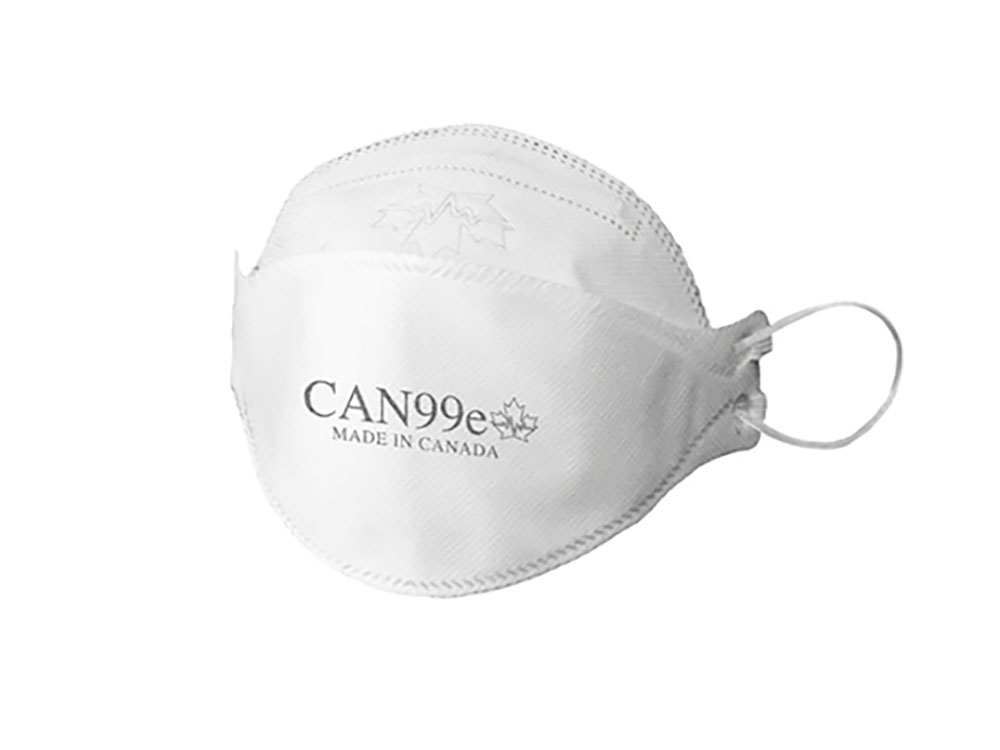School might be out for summer but COVID-19 isn’t taking a break in B.C., according to a group of health-care workers.
The advocacy group Protect Our Province BC is warning that actions need to be taken now to protect kids when they head back to school, pointing to rising COVID caseloads in the southern hemisphere, which is experiencing its cold and flu season, as a warning of what’s to come.
“We’ve still got time to choose what our fall and winter will look like,” said Dr. Karina Zeidler, a Vancouver family physician and co-founder of Protect Our Province BC, during a Wednesday webinar that guided parents through how to keep their kids safe come fall.
Protect Our Province is a group of doctors, nurses, health scientists and policy specialists advocating for evidence-based health policies in B.C. They call on the province to be considerably more COVID-19 cautious than current public health guidelines.
The Australian government is reporting an average of 2,500 new COVID-19 cases per day, and the World Health Organization is reporting around 2,400 new cases per day in Brazil.
COVID-19 is still here in Canada too.
The WHO says Canada is seeing about 250 new cases per day. The BC Centre for Disease Control says 415 patients were admitted to B.C. hospitals for COVID-19 from May 7 to 27, 2023. In that time period, 108 people died.
B.C.’s reporting for COVID-19 deaths is likely very conservative, says Dr. Susan Kuo, a family physician in Richmond, clinical associate professor at UBC’s faculty of medicine and member of Protect Our Province.
B.C. only counts a “COVID death” as someone who dies within 30 days of infection, but many older patients will die three to six months after recovering from COVID-19 from a stroke or heart attack caused by the virus, Kuo says.
Youth are also still getting sick from COVID-19 and ending up in hospital.
According to the latest data available, across Canada (excluding Quebec) 24,296 kids younger than 18 visited an ER and 3,015 were admitted to hospital due to COVID-19 between April and September 2022.
Total COVID-19 official case counts are also much lower than the true number of people getting sick because no one is testing and reporting to the government anymore, says Jaclyn Ferreira, a disability, rare disease and education advocate and member of Protect Our Province.
So how can we keep kids safe when they head back to school in the fall?
Protect Our Province is calling to improve classroom ventilation and require that students and teachers mask up. The group also wants to see the government better inform people about the risks associated with reinfection and long COVID.
The group wants to see teachers lead by example by wearing masks in the classroom and helping create strategies to reduce transmission during lunch hours, such as eating outside or opening windows.
The current provincial communicable disease guidelines for K-12 says students don’t have to wear masks if they don’t want to and encourages people to get vaccinated as the “most effective way to reduce the impact of COVID-19 on our communities.”
The Tyee reached out to several school districts around B.C. and was repeatedly told that the school follows the province’s communicable disease guideline and that ventilation in classrooms is excellent.
Protect Our Province also says the province should roll out COVID-19 and influenza vaccine programs through schools, which would increase the number of kids vaccinated.
Kuo calls current vaccination rates for kids in B.C. “abysmal.” She points to the BC Centre for Disease Control, which says only 15 per cent of kids ages zero to four; 19 per cent of kids ages five to 11; and 15 per cent of kids ages 12 to 17 have had enough vaccines to be considered “fully vaccinated” from COVID-19.
The end of this school year is the worst time for student’s health since the start of the pandemic, Ferreira says. Students are facing a “tripledemic” of COVID-19, influenza and the respiratory syncytial virus, or RSV, which causes an infection in the lungs and can be fatal for young children and seniors, she says.
Ferreira says pediatric doctors are already struggling to care for their patients and in some cases encouraging parents to avoid bringing their kids to the ER.
All this during summer, which is traditionally when there are fewer airborne illnesses because people spend a lot of time outside, Kuo says.
She adds doctors want to avoid what happened last fall.
“ERs were overrun and family doctor’s offices were swamped. I’ve never seen that many sick people in my 30-year career,” Kuo says. Because hospitals and labs were overrun, doctors weren’t able to order testing for their patients.
“We might as well have been in the middle ages. All I could do was hold their hand,” Kuo says.
There were also shortages of medications such as children’s Tylenol.
“Never in my life would I have thought I wouldn’t be able to get these drugs from the pharmacy,” Zeidler says.
To this day there’s still shortages on Amoxicillin, a “gold-standard” antibiotic used to treat strep throat, chest infections and pneumonia, and clarithromycin, sold under the brand-name Biaxin, which is a very commonly used antibiotic, Kuo says.
Ferreira says she regularly hears teachers and school administrators say they’re following public health guidance, “even though we know that’s the floor, not the ceiling.”
Zeidler says when she advocates for masking she often hears the retort “what, you want us to mask forever?”
“It’s like asking if you have to use a condom forever,” she says. “If you’re sexually active and potentially being exposed to things you should wear one.”
It’s the same for wearing a mask, she says. “You should wear one so long as you care about other people.” ![]()
Read more: Health, Education, Coronavirus

















Tyee Commenting Guidelines
Comments that violate guidelines risk being deleted, and violations may result in a temporary or permanent user ban. Maintain the spirit of good conversation to stay in the discussion and be patient with moderators. Comments are reviewed regularly but not in real time.
Do:
Do not: